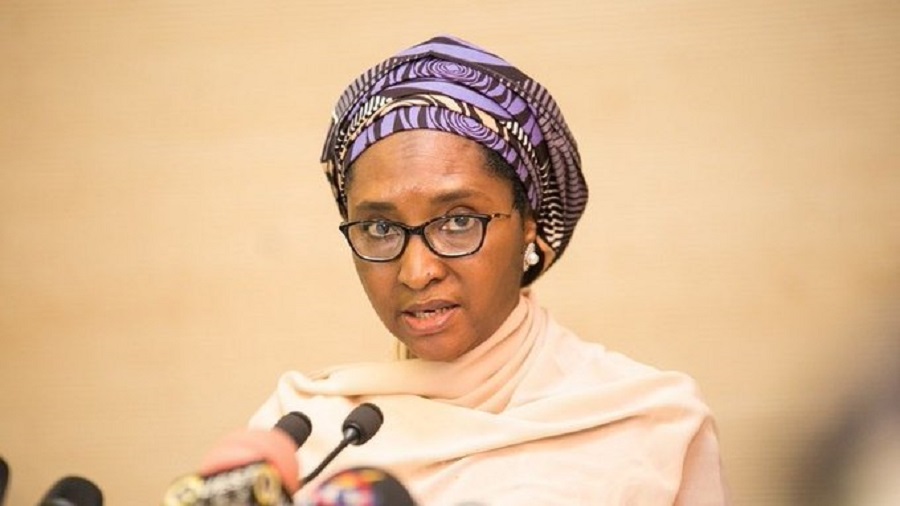The Federal Government says that it has projected that the oil sector’s contribution to Nigeria’s Gross Domestic Product (GDP) will decline to 5% between 2023 and 2025.
The expected GDP figure is a drop when compared to the 5.19% contribution of the oil sector as of the fourth quarter in 2021.
This disclosure is contained in the draft copy of the Medium Term Expenditure Framework 2023-2025 which was confirmed by the Minister of Finance, Budget and National Planning, Zainab Ahmed, while addressing State House Correspondents on the outcome of the Federal Executive Council (FEC) meeting on Wednesday in Abuja.
The Federal Ministry of Finance, Budget and National Planning had presented a draft copy of the framework at the council meeting presided over by President Muhammadu Buhari.
Ahmed said that in the draft document of the framework, the assumed crude oil price for 2023 is $70 per barrel, 2024 is $66 per barrel and $62 per barrel for 2025, with an estimated production rate of 1.69 million barrels per day for 2023 and 1.813 million barrels per day for 2024 and 2025.
What the Minister of Finance is saying
Ahmed said, “The assumptions that we made for the next medium term framework from 2023 to 2025 is that crude oil price will be at $70 per barrel for 2023, $66 per barrel for 2024 and $62 per barrel for 2025.
- “Crude oil production is projected to be 1.69million bpd for 2023 and 1.813million bpd for both 2024 as well as 2025.
- “We have also projected on the nominal GDP, that the size of Nigeria’s economy will rise up to N225.5 trillion with 95 per cent of this contribution by the non-oil sector while the oil sector will contribute only five per cent.
- “And some steady increase from 2024 to reach up to N280.7 trillion in 2025. This means that Nigeria continues to retain its position as the largest economy in Africa.”
What you should know
- The Nigeria Bureau of Statistics (NBS) had in its data released earlier in February 2022, said that the oil sector contribution to the Nigerian economy declined to 5.19% at N1.055 trillion in the fourth quarter of 2021, down by 3.68 basis points, from the 5.87% contribution in the corresponding period in 2020.
- The same data also showed that the country in the fourth quarter of 2021 recorded an average daily oil production of 1.50 million barrels per day (mbpd), lower than the daily average production of 1.56mbpd recorded in the same quarter of 2020 by 0.06mbpd and lower than the third quarter 2021 production volume of 1.57mbpd by 0.07mbpd.
- Lower oil production occasioned by pipeline vandalism and increasing cases of crude oil theft has seen oil revenue and oil sector contribution to the GDP drop in recent times.
- Also, the move by the federal government to further diversify Nigeria’s economy and reduce the overdependence of oil exports for the country’s foreign exchange earnings will further see a drop in the oil sector’s contribution to the GDP





















I want get Rrr foundation